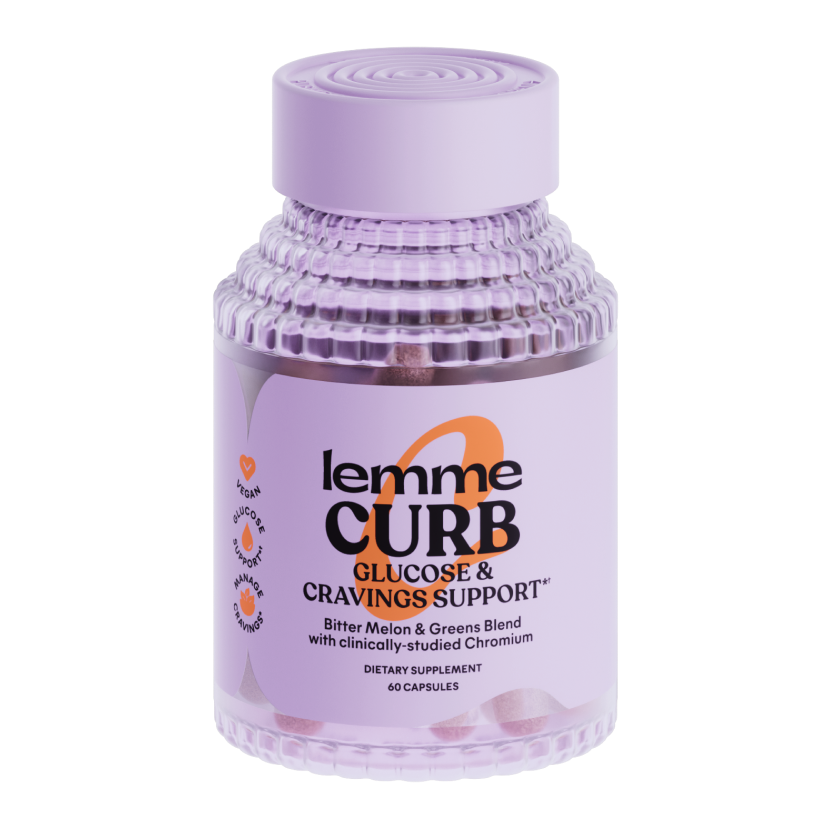
Do Probiotics Help With Bloating? Here’s What the Science Says
You’ve likely experienced bloating before — the feelings of tightness, stretching, and pressure in your stomach after you eat. While many people can experience bloating after eating, others might experience bloating on a more regular basis.
But what causes bloating and distension, and can probiotics help with this uncomfortable, sometimes even painful, feeling?
Today we will explore bloating and its primary causes, as well as what probiotics are, how they work, and whether they can help provide some relief from that bloated feeling.
Read on to learn more about supporting your gut health with probiotics.
What Causes Bloat?
There are many different reasons you could experience bloating. However, the causes of bloating can be narrowed down to four main categories that either pertain to your dietary habits or your digestive health.
Let’s explore some of the primary causes of bloating more in-depth below.
Food Intolerance
The foods you eat can be a huge determinant of whether you experience bloating. Sometimes, your body develops sensitivities or intolerances to foods you may not have had issues with in the past.
When you eat that food, your body views it as “foreign” and believes it cannot process the substance. As a response, your body triggers a reaction in your immune system that yields uncomfortable symptoms such as diarrhea, abdominal pain, and bloating.
Food allergies can also involve bloating as a side effect, so even if you haven’t been aware of any allergies to date, you might have developed a new food allergy that is prompting your stomach discomfort.
Gluten and lactose, in particular, are notorious for triggering symptoms of food intolerance. It can be helpful to keep track of your meals and snacks so you can recognize whether there is a correlation between the foods you eat and the time when your bloating occurs. This type of food diary can help you rule out certain foods and identify the culprit.
Eating Too Fast
Eating too fast can lead to bloating for two reasons.
First, when you consume your food quickly, you may swallow each bite before your saliva can properly mix with the chewed food.
Saliva contains important digestive enzymes, such as amylase, which work to help break down carbohydrates. However, when you eat too quickly, amylase does not have enough time to kickstart that process, and bloating can occur as a side effect.
Second, when you eat too fast, you are more likely to swallow more air with your food, which can cause excess gas and bloating.
Digestive Issues
Digestive issues usually suggest something isn’t quite right in the digestive tract, which can affect either the whole digestive system or just a part of it.
Digestive issues usually appear as bloating, vomiting, diarrhea, and abdominal pain.
There is a range of different digestive problems that can lead to bloating, but two of the most common issues include:
-
Constipation: Constipation occurs when your body cannot pass waste through the large intestine, so you struggle to have a bowel movement. You might experience symptoms such as flatulence (gas production), abdominal pain, cramping, and bloating.
-
Acid Reflux: Also known as heartburn, acid reflux occurs when stomach acid partially travels backward into the esophagus, and prompts symptoms such as abdominal irritation, burning sensations in your chest area, and bloating.
Microbiome Imbalance
It is normal to have bacteria present in your gut — your gut microbes comprise a mix of good microorganisms that help with digestion and yield a healthy environment for your stomach to digest substances.
However, when you have a microbiome imbalance, either with low levels of beneficial bacteria or high levels of bad bacteria, you might experience side effects such as bloating.
Small intestinal bacterial overgrowth (SIBO) is a common example of a microbiome imbalance that can lead to bloating. In cases of SIBO, bacterial overgrowth damages the mucus membrane that lines your small intestine for lubrication and protection.
Damage breaks down the membrane and allows bacteria to attach to your gut wall instead, where they can feed off of undigested carbohydrates to yield fermentation, excess hydrogen and methane production, and, in turn, bloating.
What Are Probiotics, and What Do They Do?
Probiotics are living microorganisms that yield health benefits when you consume them. The most common probiotic types of bacteria are lactobacillus (such as Lactobacillus acidophilus) and bifidobacterium (such as Bifidobacterium lactis), but there are many other bacteria and even some fungi that classify as probiotic.
You can find probiotics in fermented foods such as yogurt, kefir, buttermilk, cottage cheese, or kombucha. You can also consume probiotics as dietary supplements.
Probiotics work to help return your gut microbiome to a healthy balance by adding good bacteria back into your body. When you consume probiotics, you add to the population of good bacteria in your body — thus promoting a well-balanced gut microbiome.
Probiotics do not permanently stay in your gut. Just like food passes through, so too do these good microorganisms — but not before helping to restore balance and providing you with health and wellness benefits. Probiotics can aid digestion, help you feel your best after meals, and even support your immune system.
Can Probiotics Help With Bloating?
Probiotics can help with bloating, particularly if your bloating stems from a gut microbiome imbalance. Additionally, studies show that probiotics can help with bloating if you have certain digestive issues by working to bring your body back to a healthy and balanced gut microbiome.
When you take a probiotic supplement to help with bloating, it is important to choose one with clinically studied strains of probiotics.
Lemme Debloat is a daily digestive gummy with two clinically studied prebiotic and probiotic strains with health benefits that include relief from symptoms of bloating and support for a balanced gut microbiome. With two gummies a day, you can experience simple gut support and noticeable bloat relief.
The Bottom Line
Bloating is an uncomfortable feeling. No one likes to feel that fullness and pressure, and the discomfort you feel in your abdomen from bloating can easily distract you from enjoying your day-to-day activities.
Bloating is often related to your digestive health or your dietary habits. Dietary habits, such as eating too fast or certain food intolerances, or other digestive issues such as constipation, can all adversely affect digestion and the balance in your gut microbiome — meaning you might experience bloating.
Probiotics can help restore your gut microbiome to a healthy balance for better digestive health. If you suffer from gut discomfort due to bloating, it may be time to take a probiotic dietary supplement for bloat relief.
When you’re thinking about trying probiotic supplements for bloat support, it is important to choose one with clinically studied strains of bacteria — like those found in Lemme Debloat.
Check out our blog for more info on how to support your wellness from gut health to stress management to nutrients and more!
Sources:








